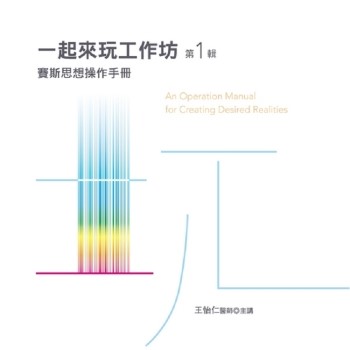The topic of a potential relationship between Babylonian and Greco-Roman medicine has been discussed for a long time, yet it is notoriously difficult to give it flesh and bones by means of concrete examples. The main goal of this study is to identify real elements in the therapeutical traditions of the one system that can be connected to those of the other, which would confirm a certain degree of practical knowledge-sharing between the two cultures.
By analyzing Dreckapotheke (filthy medicaments) and similarly perplexing medical ingredients, and by exploiting the concept of misunderstandings in translation, I show how elements of Assyro-Babylonian therapy were still present or emerging in the pharmaceutical compositions of the Early Roman Empire, ultimately supporting the idea of at least occasional transfers of medical knowledge between the two cultures.
With its positive findings, this study contributes to a broader reconstruction of the context within which ancient medicine developed. It also finds reciprocal explanations of obscure passages and fuels further questions regarding the medical interrelations/interconnections between these neighboring ancient cultures.










